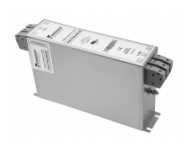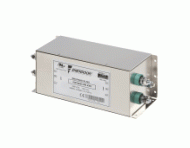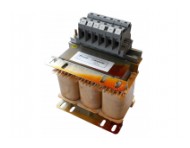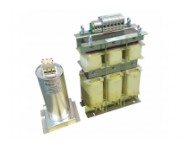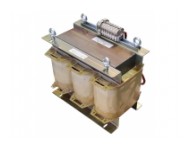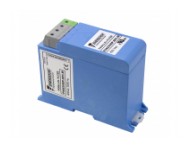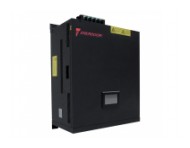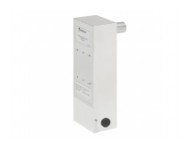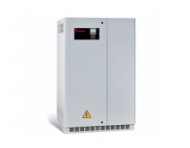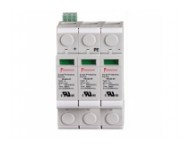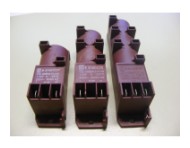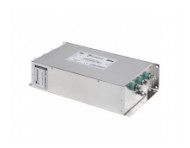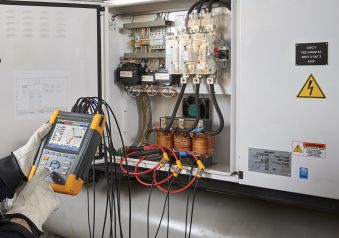What is an Output Filter and Do I Need One?
A motor protection output filter is a component used in electrical systems to protect motors from various electrical disturbances, such as voltage spikes, harmonics, and electromagnetic interference. These filters are installed on the output side of variable frequency drives (VFDs) or servo drives to mitigate the adverse effects of these disturbances on the motor, ensuring its safe and reliable operation.
You might need an output filter in your electrical system in several situations:
-
Variable Frequency Drives: When using VFDs to control the speed of AC motors, the rapid switching of the power transistors can introduce harmonics and voltage spikes into the output waveform. An output filter can mitigate these disturbances and protect the motor.
-
Servo Drives: Similar to VFDs, servo drives can generate electrical noise and voltage spikes that may affect the performance and longevity of connected motors. An output filter can help smooth out the voltage waveform and reduce electromagnetic interference.
-
Long Cable Runs: In applications where the motor is located far from the drive or where long motor cables are used, the capacitance and inductance of the cables can cause voltage reflections and ringing, leading to motor insulation breakdown and premature failure. An output filter can dampen these effects and improve motor reliability.
-
Sensitive Equipment: In installations where sensitive electronic equipment is present, such as in industrial automation or medical devices, electrical noise generated by VFDs or servo drives can interfere with the operation of other equipment. An output filter can reduce this interference and maintain system reliability.
To address these challenges, Enerdoor offers the FINFVT output filter. Engineered to mitigate voltage spikes and harmonics, this solution ensures motors and sensitive equipment operate smoothly and reliably in electrical systems.
Previous Article

